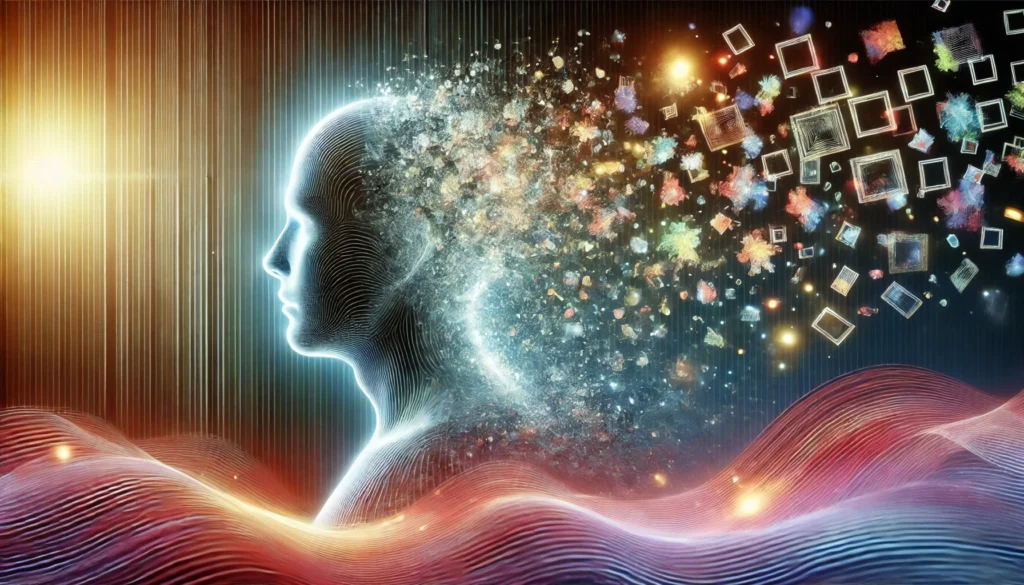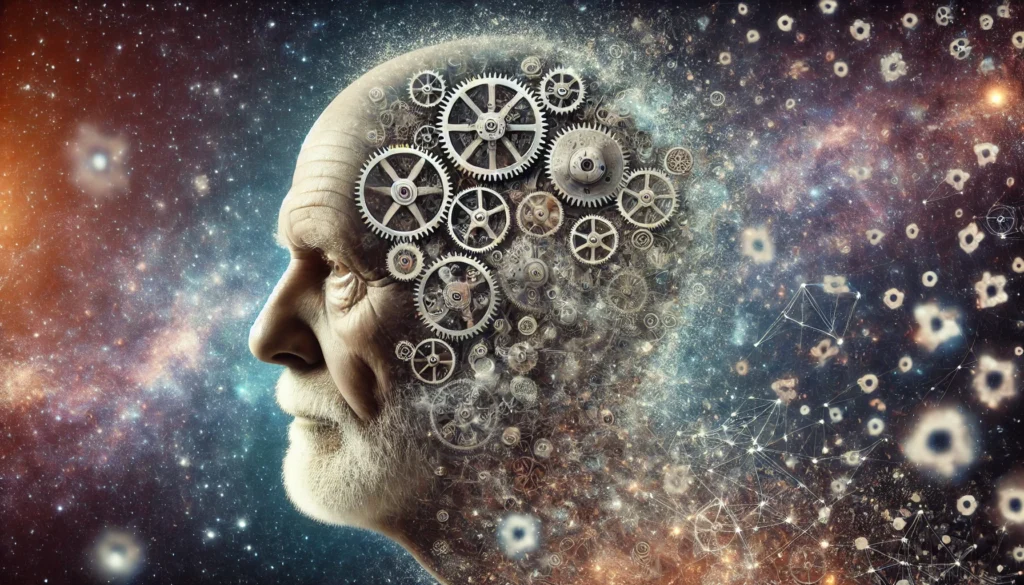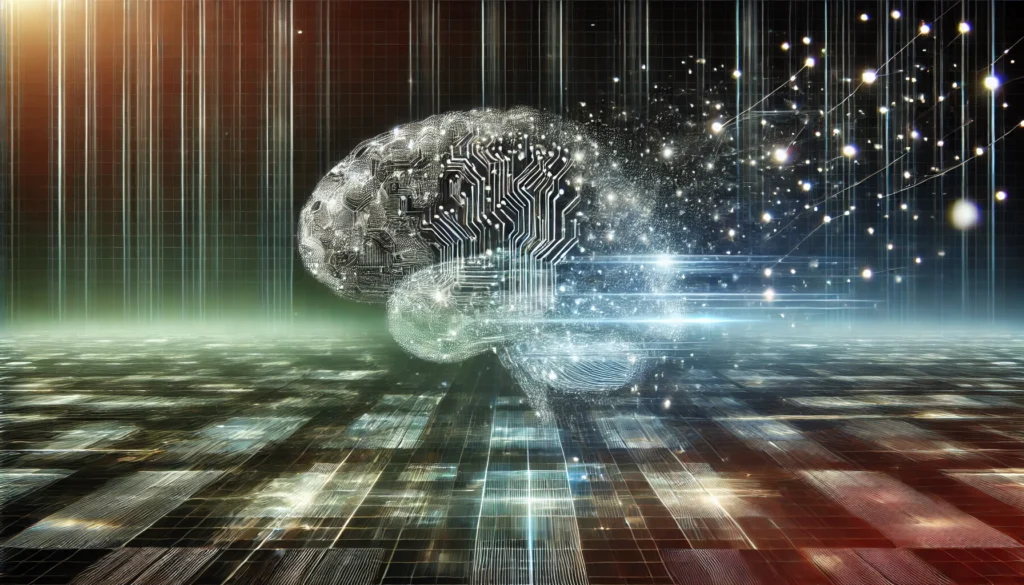Memory, at its essence, is the brain’s ability to store, retain, and subsequently retrieve information. It involves a sophisticated network of neurons and synapses, primarily located in the hippocampus and other areas of the brain. Memory can be broadly categorized into short-term and long-term memory, each serving distinct functions and operating through different mechanisms.
You may also like: Tips to Improve Low Average Memory Performance
The Role of Neurons and Synapses
Neurons are the basic building blocks of the brain, and synapses are the connections through which these neurons communicate. When we form a memory, neurons send signals across synapses, creating a pathway that represents the memory. This process is dynamic and involves the strengthening or weakening of synaptic connections, which is crucial for memory formation and retrieval. The health of these neuronal connections is vital, as it directly influences the efficiency of memory processes.
The Hippocampus and Beyond
The hippocampus is often regarded as the memory center of the brain, playing a significant role in forming new memories and connecting emotions and senses to these memories. However, other areas, such as the prefrontal cortex and amygdala, also contribute to different aspects of memory processing. The prefrontal cortex is involved in working memory and decision-making, while the amygdala is crucial for emotional memories. Understanding these regions helps us comprehend the complex nature of memory.
Short-term vs. Long-term Memory
Short-term and long-term memory serve different purposes. Short-term memory acts as a temporary holding area, allowing us to process and use information immediately. Its capacity is limited, often compared to a mental sticky note where we jot down thoughts before they fade. Long-term memory, on the other hand, is like a vast library where information is stored for extended periods. This type of memory is more stable and can last from hours to decades, depending on how frequently it is accessed and reinforced.
How Age Affects Memory
As we age, changes in memory are inevitable, but understanding these changes can help us mitigate their impact.
Neurological Changes with Aging
Aging brings about several neurological changes that affect memory. The volume of the brain, particularly in areas critical to memory such as the hippocampus, tends to shrink with age. Additionally, there is a reduction in blood flow to the brain and a decrease in the production of neurotransmitters, which are vital for communication between neurons. These changes can lead to slower processing speeds and a decline in the ability to retrieve stored information, contributing to the common experience of “senior moments.”
The Impact on Short-term Memory
Short-term memory is often the first to show signs of aging. Older adults may experience difficulties in retaining new information or multitasking, as the capacity of their mental workspace diminishes. This can affect everyday tasks, such as remembering a phone number long enough to dial it or following a conversation with multiple threads. Understanding these challenges can help in devising strategies to compensate for short-term memory lapses.

Variability in Long-term Memory
While all types of memory can be affected by aging, explicit memory, particularly episodic memory (the ability to recall specific events), is more susceptible. This is why older adults might find it challenging to remember recent events or learn new information. However, procedural memory, which involves skills and tasks we perform automatically, tends to remain relatively intact. This explains why older individuals can often continue to perform tasks they have practiced for many years without difficulty.
Factors Influencing Memory Change
Memory change is not solely determined by age. Numerous factors, including lifestyle, health conditions, and environmental influences, play a significant role.
The Influence of Lifestyle and Habits
Engaging in regular physical activity, maintaining a healthy diet rich in antioxidants, omega-3 fatty acids, and vitamins, and keeping socially and mentally active are all associated with better cognitive health. Activities that challenge the brain, such as puzzles, reading, and learning new skills, can help maintain and even improve memory function. These activities promote neuroplasticity, the brain’s ability to adapt and reorganize itself, which is crucial for memory retention.
Health Conditions and Their Effects
Chronic conditions such as hypertension, diabetes, and heart disease can adversely affect memory by impacting brain health. These conditions may lead to vascular changes that affect blood supply to the brain, impairing cognitive functions. Additionally, mental health issues like depression and anxiety can also impair memory function. These conditions are linked to changes in brain chemistry that can disrupt memory processes, highlighting the importance of managing health for cognitive well-being.
The Role of Environmental Factors
A stimulating environment rich in sensory and intellectual stimuli can bolster memory, while a monotonous or stressful environment may have the opposite effect. Environments that encourage learning and exploration can enhance cognitive reserve, the brain’s ability to function efficiently despite age-related changes. Conversely, chronic stress and lack of stimulation can lead to cognitive decline, underscoring the significance of a supportive environment for memory health.
Strategies for Maintaining Memory Health
While aging is inevitable, there are several strategies individuals can adopt to maintain and potentially improve memory health.
Engaging in Cognitive Training
Cognitive training involves structured activities designed to enhance specific cognitive functions, including memory. These exercises can improve attention, processing speed, and problem-solving skills, all of which contribute to better memory. Techniques such as memory games, computer-based exercises, and even traditional learning can stimulate brain activity and enhance cognitive resilience.
The Benefits of Mindfulness and Stress Management
Practicing mindfulness and stress management techniques can positively impact memory. Chronic stress can lead to the release of cortisol, which negatively affects the hippocampus. Techniques such as meditation, yoga, and deep-breathing exercises can reduce stress and improve memory function. These practices enhance the brain’s ability to focus and process information, fostering a calm state of mind conducive to memory retention.
Importance of Sleep Quality
Adequate and quality sleep is essential for memory consolidation. The brain processes and stores memories during sleep, particularly during deep sleep stages. Prioritizing good sleep hygiene can support better memory retention and recall. This includes maintaining a regular sleep schedule, creating a restful environment, and avoiding stimulants before bedtime. Quality sleep rejuvenates the brain, allowing it to function optimally during waking hours.

Future Implications and Research
The study of memory change is an evolving field, with ongoing research uncovering new insights into how we can protect and enhance our cognitive abilities. Advances in neuroimaging, genetic research, and the development of new pharmacological interventions hold promise for the future.
Exploring Pharmacological Innovations
Emerging research into nootropics and other cognitive enhancers offers potential pathways to mitigate memory decline. These substances aim to improve cognitive function, although their efficacy and safety are subjects of ongoing investigation. Continued research into these pharmacological interventions could lead to breakthroughs in how we address age-related memory changes, providing more options for those looking to maintain cognitive health.

Personalized Interventions and Genetic Insights
As our understanding of the genetic and environmental factors influencing memory deepens, personalized
Further Reading:
Changing the Emotional Association of Memories
Memory Retrieval and the Passage of Time: From Reconsolidation and Strengthening to Extinction
Important Note: The information contained in this article is for general informational purposes only, and should not be construed as health or medical advice, nor is it intended to diagnose, prevent, treat, or cure any disease or health condition. Before embarking on any diet, fitness regimen, or program of nutritional supplementation, it is advisable to consult your healthcare professional in order to determine its safety and probable efficacy in terms of your individual state of health.
Regarding Nutritional Supplements Or Other Non-Prescription Health Products: If any nutritional supplements or other non-prescription health products are mentioned in the foregoing article, any claims or statements made about them have not been evaluated by the U.S. Food and Drug Administration, and such nutritional supplements or other health products are not intended to diagnose, treat, cure, or prevent any disease.


